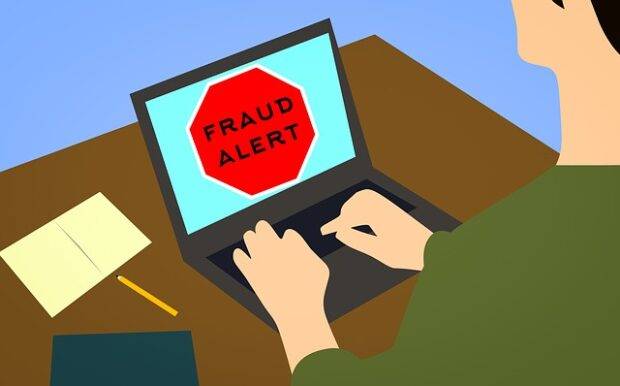Last Updated on July 4, 2024 by Team Experts
Web users are increasingly exposed to dangers related to the distorted use of their personal data (personal data, identity cards, passports, photos, etc.). Among the most common risks is identity theft to carry out credit fraud: criminals, more or less organized, who steal the identity of unsuspecting people, even though phishing, to access loans, make online purchases of products or services, enter into contracts, and more, with the aim of not paying anything and being untraceable.
This scams phenomenon has seen strong growth in 2020, especially as a result of Covid, which has led folks to spend much more time online. The habit of playing games and video games online significantly increased during the lockdown has attracted the attention of criminals who have decided to exploit this sector as a new source of income. Precisely through video games, criminals manage to get their hands on credentials and bank details of players’ credit cards and banking details. To give you an idea, take Path of Exile, a video game with many microtransactions options. Players often buy its virtual poe currency with their credit cards, and it’s often that poe currency price may be lower on independent websites than in the game. But there is an increased likelihood that these websites might be nothing more than scams that would take your credit card info and use it for their illicit activities.
But how to protect yourself from scammers and prevent your data from ending up in the wrong hands?
We have drawn up a series of useful rules to follow to defend against cyber-criminals.
1. Never provide your personal data by phone or email, even if those who contact you qualify as operators of your banking institution or if you are asked to change your password because an abnormal login attempt has occurred to your online account.
2. Never click the links you get in emails that appear to come from a bank or the company that provides the service you may have purchased. The site to which that link directs you is identical to the original one, so once your confidential data has been entered, the criminals will use it as they wish. Credit institutions, in particular, use procedures that are activated only at their offices.
3. Protect your online accounts with so-called two-step verification or two-factor authentication. According to this mechanism, after entering the password, a code is sent via text message to your mobile phone, and the account will be accessible only after entering it. It is also necessary to activate the so-called alerts, i.e., notifications via text message or email of abnormal access to your accounts by unknown devices.
4. When you have to get rid of paper banking, contractual documents, or documents that contain personal data and information, take care to destroy it, avoiding that it can be reassembled and therefore that you can read and read the content.
5. Use privacy filters on personal social profiles and do not publish your data or identification documents. Do not put the complete date of birth on social networks and address or city of residence. The date of birth, in particular, is one of the verification questions that is used to check identity. Providing it for free to an attacker makes the job easier. While it’s annoying, you should change your password at least every six months and not have the same password for all logins.
6. Do not send your identification documents (identity card or similar) or other documentation containing bank data (credit card details, Iban, etc.) via instant messaging platforms (WhatsApp, messenger, telegram, etc.).
7. Avoid storing your identification, financial or banking documents on a portable device (PC, smartphone, or tablet). If necessary, store them only on a PC by ‘protecting’ them with an access code.
8. Make sure that your reference bank has a monitoring service with an immediate warning, via text message or email, if there is a request for a new loan or opening of a current account in our name.
9. In case of loss of your identification documents or if you discover that you have been a victim of identity theft, go immediately to the police, in the first case to formalize the report and in the second case, to file a complaint.
10. Always keep a hard copy of our identification documents in a safe place to facilitate the drafting of the report in case of loss or the complaint in case of theft.
11. As far as possible, always avoid using personal photos on your social profile. Better a kitten, or better yet, an avatar.
12. Never give consent or participate in chain letters to see what you will look like when you are old or what actor you look like. They are the main method used by Algorithms and artificial intelligence to extract data, including biometric data, to be reused in a malicious form.
13. As far as possible, uninstall social network applications from portable devices and access social networks only via the internet browser.
Also read about: How to Use Tech to Augment Your Online Gaming Experience

